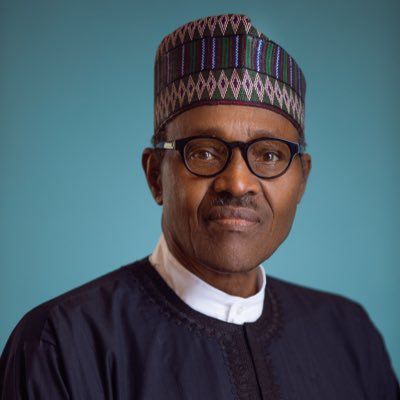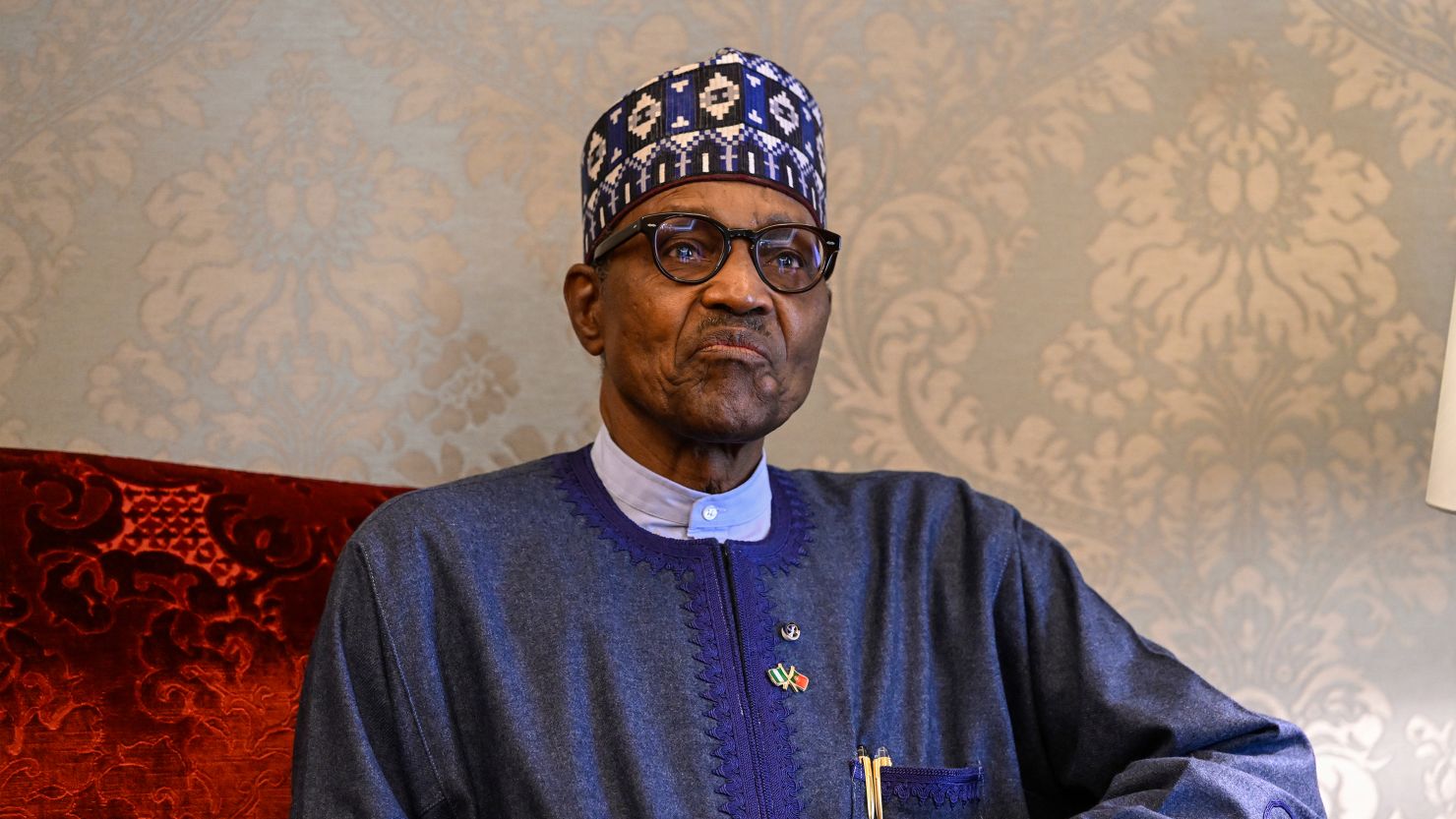The story of Muhammadu Buhari is one that, on the surface, appears to defy logic. How does a military general who once led a coup to overthrow a democratically elected government later become a two-term civilian president of the same nation?
This isn’t merely a political paradox; it’s a profound narrative of personal evolution, shifting national sentiment, and the complex, often unpredictable, path of democratic consolidation in Nigeria.
Buhari’s initial foray into national leadership was starkly undemocratic. In December 1983, as a major general, he seized power in a military coup that ousted the civilian government of President Shehu Shagari. His 20-month rule as head of state was marked by an austere “War Against Indiscipline,” a crackdown on corruption, and a firm, often authoritarian, grip on power.
While some Nigerians lauded his efforts to instil discipline and fight graft, his regime was also criticised for its human rights abuses, stifling of dissent, and economic policies that failed to address fundamental issues. This period cemented his image as a stern, unyielding military strongman, far removed from the ideals of democratic governance.
For years after his overthrow in 1985, Buhari remained largely on the political sidelines, a figure from a past era of military rule. Yet, the persistent failures of subsequent civilian governments, plagued by corruption, insecurity, and economic stagnation, inadvertently began to pave the way for his unexpected return.

Nigerians, disillusioned with the status quo, grew increasingly receptive to a leader perceived as incorruptible and disciplined—qualities that, ironically, were associated with his military past.
His journey from coup plotter to presidential candidate was incremental. He first ran for president in 2003, then again in 2007 and 2011, each time on an anti-corruption platform. While unsuccessful in these early attempts, his consistent message resonated with a populace yearning for change.
His image began to soften, subtly transitioning from a rigid dictator to a resolute elder statesman. He presented himself not as an aspiring authoritarian, but as a patriot driven by a desire to salvage a failing nation. His perseverance, despite repeated electoral defeats, gradually chipped away at the initial scepticism surrounding his democratic credentials.
The pivotal moment came in 2015. By then, Nigeria faced unprecedented challenges: the Boko Haram insurgency was ravaging the Northeast, and public anger over corruption and economic mismanagement under the incumbent government was at an all-time high.
Buhari, now campaigning under the banner of the All Progressives Congress (APC), capitalised on this widespread dissatisfaction. His campaign, built on the bedrock promises of fighting corruption, tackling insecurity, and revitalising the economy, offered a compelling alternative.
Critically, he had cultivated a more democratic demeanour, participating in open debates and engaging with the public in ways his military persona had never allowed. The “new” Buhari spoke of democratic principles, the rule of law, and accountability, a stark contrast to his past.
His victory in 2015, the first time an incumbent president was defeated in Nigeria’s democratic history, was hailed as a triumph of democratic maturity. It signalled a profound trust from the electorate in his promised transformation. His subsequent re-election in 2019, securing a second term, further underscored this acceptance.
Buhari’s reinvention wasn’t without its challenges or critics. Throughout his presidency, debates persisted about the extent of his conversion from military authoritarianism to democratic adherence.
Accusations of selective justice in his anti-corruption fight, concerns over human rights, and criticisms regarding his handling of security issues and the economy continued to surface. These underscored the inherent tension in a leader with such a past navigating the complexities of modern democracy.
Nevertheless, his story offers compelling insights. It suggests that in the tumultuous landscape of developing democracies, the electorate’s priorities can sometimes override historical baggage, especially when faced with pressing challenges like corruption and insecurity.
It also highlights the potential for individuals to undergo significant ideological shifts, adapting to the demands of a changing political environment.
Buhari’s journey from coup leader to democrat, however imperfect, stands as a testament to the dynamic nature of political identities and the enduring, albeit sometimes circuitous, pursuit of democratic ideals in nations like Nigeria.


 Trending
Trending 